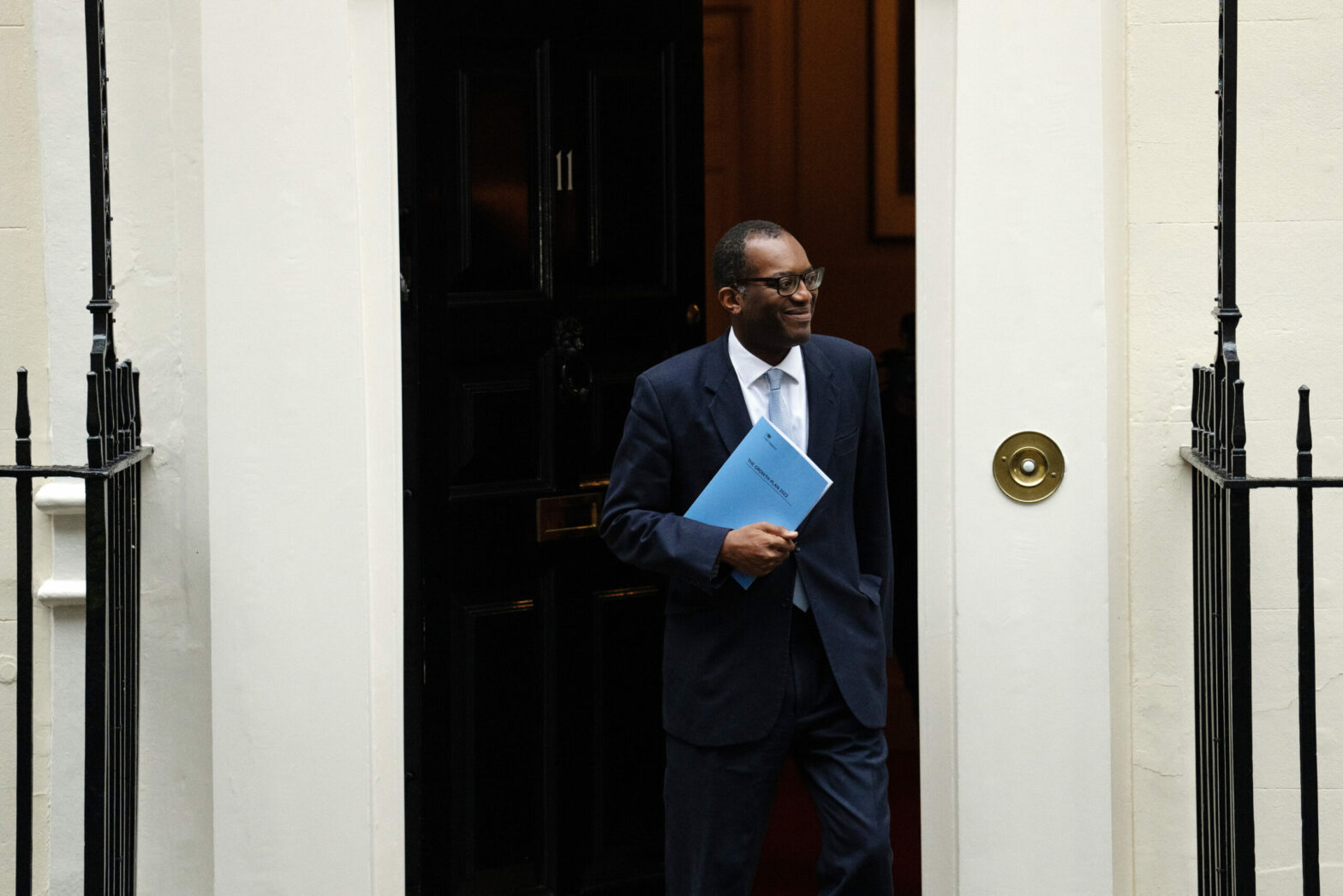Chancellor Kwasi Kwarteng has announced the Enterprise Investment Scheme (EIS) will be extended beyond 2025 in the mini-Budget.
EIS was due to expire in April 2025 because of a European Union state aid “sunset clause”, resulting in investors to call for an extension.
The scheme provides £1.7bn a year to 3,755 companies and generous tax relief for investors.
The seed enterprise investment scheme (SEIS) has also been widened, allowing firms to raise £250,000 under the scheme — a 66 per cent increase on the previous threshold – and an increase of the gross asset limit to £350,000.
Kwarteng also announced a raising of the age limit on companies raising SEIS investment from two to three years.
See also: How entrepreneurs can qualify and take advantage of EIS and SEIS
The announcement of the EIS extension has resulted in a positive response from the VC community, with Tim Mills, managing partner at ACF Investors, saying: “The chancellor has given UK start-ups a major boost by guaranteeing the future of the EIS scheme… Besides funding, fast-growing companies and their investors need one thing above all else – a consistent landscape of support.
“By providing clarity around this vital source of funding, UK start-ups have a much clearer runway for growth over the coming years. At a time of economic turmoil, the impact of that assurance cannot be understated.”
Palkwalk Advisors’ CEO Moray Wright said the mini budget was a “pivotal moment” for the UK’s high-growth technology businesses, giving confidence to investors to back the UK’s science and technology scale-ups.
Stephen Page, founder and CEO of SFC Capital, said the reform to SEIS, an extension to EIS and making £500m in new funds available for investment in high-tech innovation and fast-growth tech businesses was “all very encouraging.”
“Collectively these reforms are a huge victory for early-stage start-ups and innovation, and a huge victory for angels,” he said. “They will help us double down on reaching our goal of backing at least 100 early-stage companies every year.
“We also very much hope that a significant portion of the new £500m in capital for high-tech and fast-growth investments is allocated to seed-stage investments rather than later-stage VC. This is where intervention is most needed, as we’ve shown in our past two annual reports on the state of seed-stage investment.”
More on EIS
When looking to solve the world’s challenges, ESG and EIS go hand in hand







